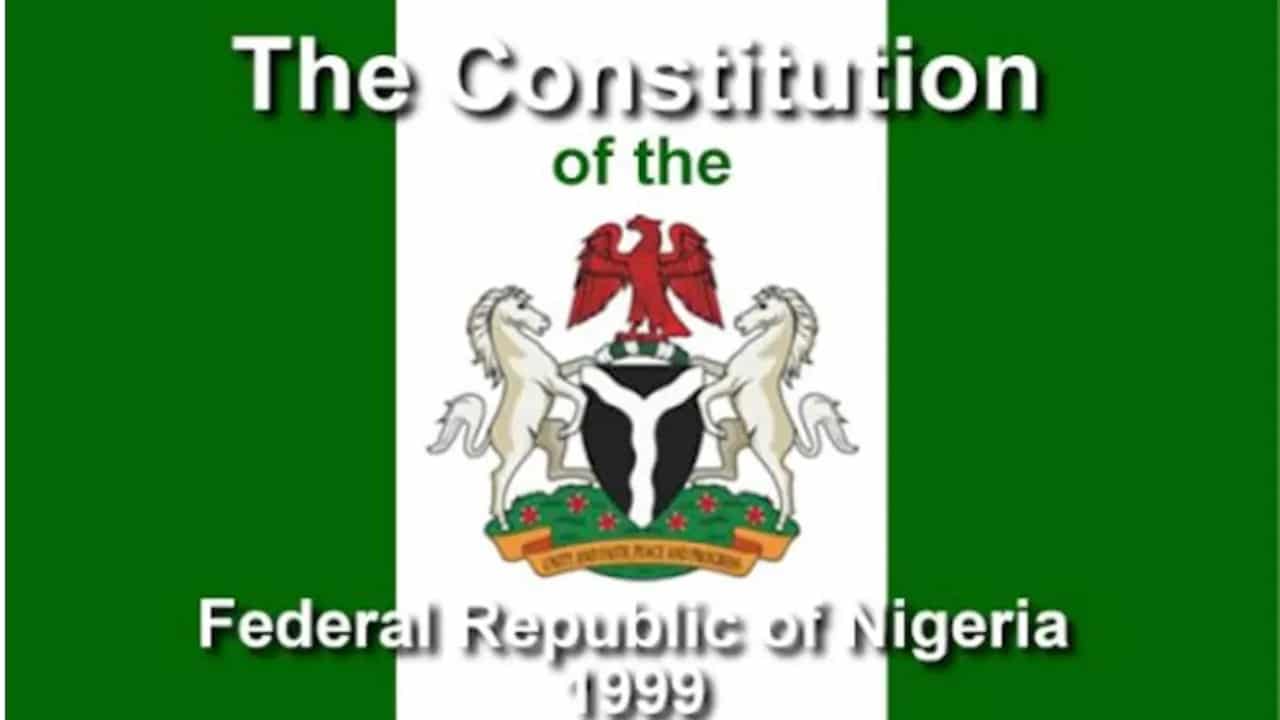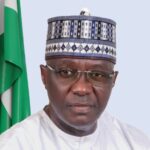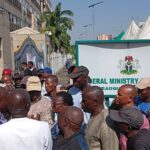There was a paucity of public information on the discussion between The Patriots and President Bola Ahmed Tinubu. But we should be generous enough to accept that the demands these eminent men made to the president were parts of their efforts to see a Nigeria that fully functions as a federation undergirded by a constitution that makes it possible. Still, this is not a matter that should be cloaked in secrecy.
The job of building or rebuilding a nation is best undertaken by the citizens as a collective. After all, ours, whatever might be its defects, is still a participatory democracy in which the rights of the people to participate in their governance remain sacred. As we await the full demands made by The Patriots, we can still offer some informed views on the two points they raised, namely, a new constitution and the physical and administrative restructuring of the lumbering giant of Africa.
It should be easy for us to dispose of the demand for a new constitution. We have had a surfeit of constitutions since our military rulers made a new constitution the cardinal principle of a legacy of a corrective military regime. Four of such efforts were made in 1975-79, 1986-88, 1996 and 1998-99. The first birthed the 1979 constitution and the last gave us the current 1999 constitution. Events blinded the other two efforts, and they did not see the sunshine.
As I noted in the first part of this piece, no one ever blamed the constitution for the failure of the first and second republics. No written constitution is a perfect document; that is why each constitution has a clause that permits its amendment to accommodate new social, political and other developments deemed necessary for good governance.
- THE BEARING: A Guide To Living A Debt-Free Life In Nigeria
- World Teachers Day: 4yrs after promises, Nigerian teachers yet to get improved salary, welfare
My answer to my question, do we need a new constitution? is no. We do not need a new constitution. The current constitution is good enough although not even its framers would recognise it today, given the panel-beatings it has been subjected to since it became the mother of all our laws in the country. As important and as perfect as it may be, a constitution is only as good or as bad as those who operate it. Serial breaches of the constitution as we have witnessed since 1999, speak well of our constitution but poorly of our politicians whose bigmanism makes decency and the rule of law vices not virtues.
Demands for the physical restructuring were made to the British colonial authorities during the pre-independence talks. They feared that with then three regions constructed on the tripod of the majority tribes, Ibo, Hausa and Yoruba, they would suffocate in the hands of their big brothers. Her Majesty’s Government was forced to look into the matter with the setting up of the Willink Commission which reported to the Queen that although there was merit in their demands, they could be duly care of through administrative processes. Sorry, they did not know the Nigerians.
Well, much water has passed under the bridge here. From the ashes of three and later four regions have arisen the current phoenix of 36 states. Still, there are demands for a) more states or (b) the return to regionalism. How many states should we have? If we opt for the return to regionalism, what should be the optimum number of regions?
These questions arise because something fundamental is missing – and that is national dialogue or conversation through which we could arrive at answers that may satisfy most but not all of the people. I am the first to admit that this is a tough call. General Yakubu Gowon’s 12-state structure addressed the basic physical structure of the country. This may explain his reluctance to create more states and dilute the structure he had put in place.
States created after him owed more to influences in and outside the government than the viability of the glorified local governments. Our state governments are largely impoverished and unable to carry out their basic responsibilities without the monthly hands out from the federation account. The return to regionalism, six or eight regions have been suggested, would be the cha-cha of national political dance but viable constituent units of the federation trump the army of their excellencies minted by more and more dependent states. This is not true national development or progress; mere cosmetics of governance dictated by successive military rulers.
Of the two demands made by The Patriots, the administrative restructuring is more complicated because it takes us all the way back to the nature of our federalism. The current nature of our federalism is clearly anathema to best practices in federalism. The nature of federalism abhors a vertical command structure in which power emanates from one source and one source only. At the centre, it means the federal government remains in the commanding height of governance at the states and local government levels. This is replicated in the states with state governors acting as military governors. Any attempts to make the president and the state governors accept, honour and respect the nature of our federalism that does not mimic the military command structure will be stoutly resisted by those who hold the levers of power.
The physical and administrative restructuring of the federation should precede constitutional amendments. Whatever decisions are arrived at through a national dialogue, or the conference of ethnic nationalities will be used to amend the relevant parts of the constitution. My humble advice to The Patriots is to first of all ask the president to convoke either a national dialogue or a conference of ethnic nationalities to air our various petty grievances.
The objective is to make the constituent units of the federation a reality in law and in fact. At the moment, despite the celebrated flyovers by state governors, the states are administrative units of the centre and are, therefore, swaying in the winds. Too many problems ride on this single problem. The federal government has grabbed more powers in the exclusive legislative list than is good for its health. The 1963 constitution listed 45 items on the exclusive legislative list; the 1979 constitution had 67 items while the current one has 68 items. There must be load shedding here.
A meaningful administrative restructure should limit the federal government to a much items on the exclusive legislative list and the rest given back to the states or regions as the case may be. Let no one think that remaking the federation physically and administratively will be an easy task. But if we must respond to our various problems, such as the current agitation for undoing what Lugard did in 1914, we must summon the courage to undertake this critical task with collective honesty, a sense of responsibility and commitment. We await The Patriots to lead us. (Concluded)

 Join Daily Trust WhatsApp Community For Quick Access To News and Happenings Around You.
Join Daily Trust WhatsApp Community For Quick Access To News and Happenings Around You.



